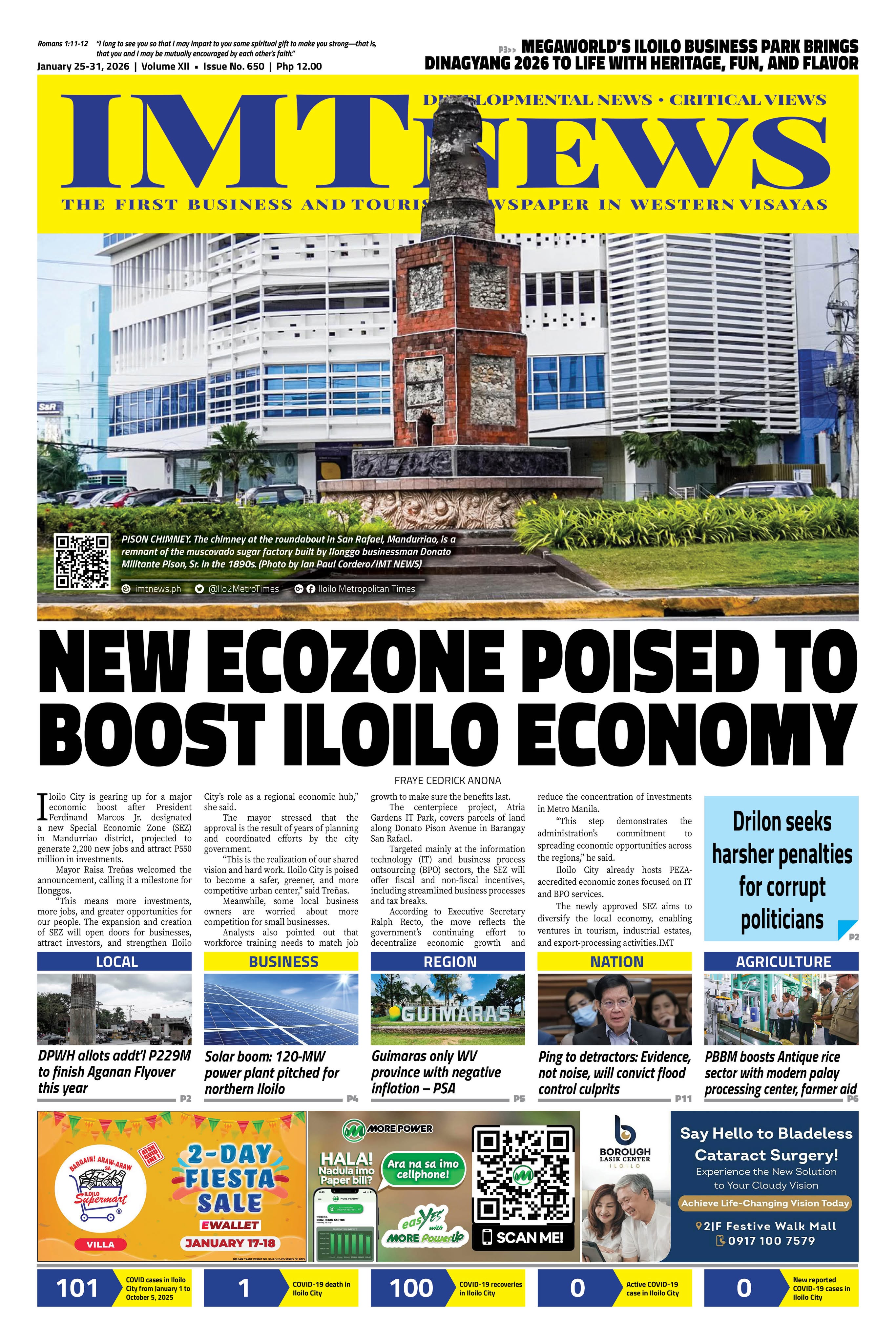The long-awaited Panay-Guimaras-Negros (PGN) Island Bridges project, hailed as Western Visayas’ “bridge of the future,” has been thrown into uncertainty after South Korea abruptly suspended billions in financial support due to corruption concerns.
South Korean President Lee Jae-myung ordered the immediate halt of 700 billion Korean won (₱28.7 billion) in loan financing for Philippine bridge projects.
The freeze was part of a sweeping anti-corruption directive that instantly rippled across Manila’s flagship infrastructure program.
The PGN project was set to receive more than $1 billion in South Korean funding for its first segment — a 13-kilometer span linking Panay and Guimaras.
In addition, the Korea Export-Import Bank had extended a $56.6-million loan to finance engineering services, including detailed design and procurement assistance for the entire 32.47-kilometer bridge system.
Now, the project’s timelines hang in limbo. What was once envisioned as a landmark connector of commerce, tourism, and trade between Panay, Guimaras, and Negros may face prolonged delays or higher costs if new funding sources are not secured.
Locals have voiced concern, stressing that the project is more than a symbol of progress — it is a lifeline.
For decades, communities have relied on ferries to move people, goods, and services across the Guimaras Strait, often facing safety risks and transport bottlenecks.The PGN bridges promised to end that cycle, turning the islands into an interconnected hub of economic growth.
But the suspension has also revived skepticism about transparency and governance in big-ticket infrastructure projects.
Analysts warned that without clear accountability mechanisms, foreign partners may hesitate to fund projects tied to allegations of corruption.IMT







